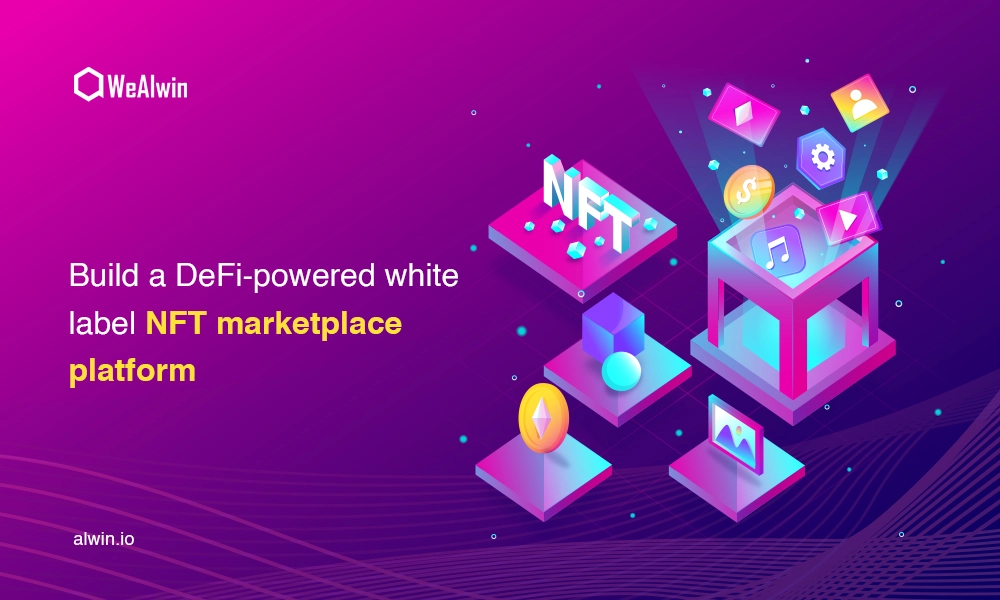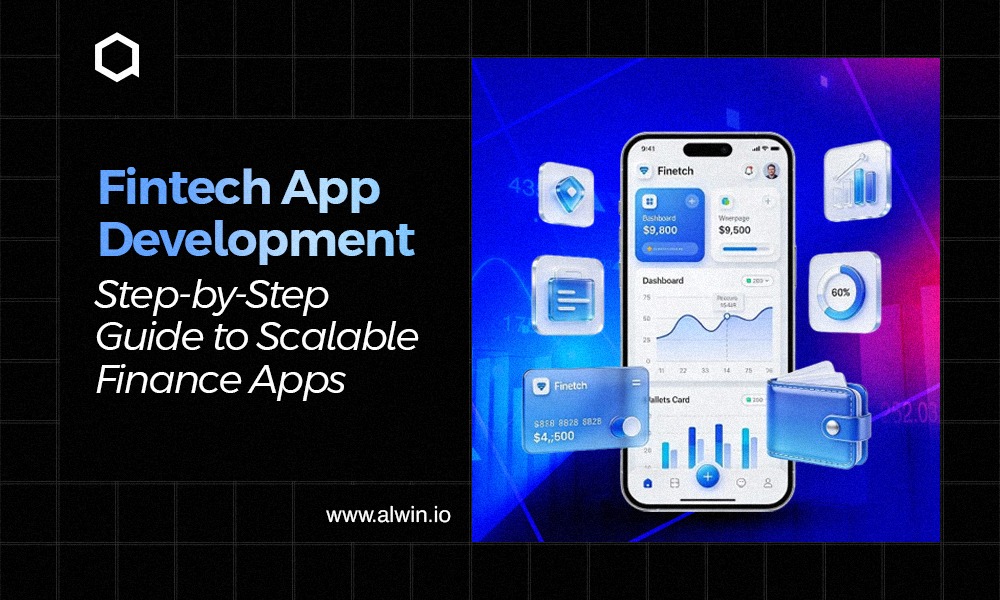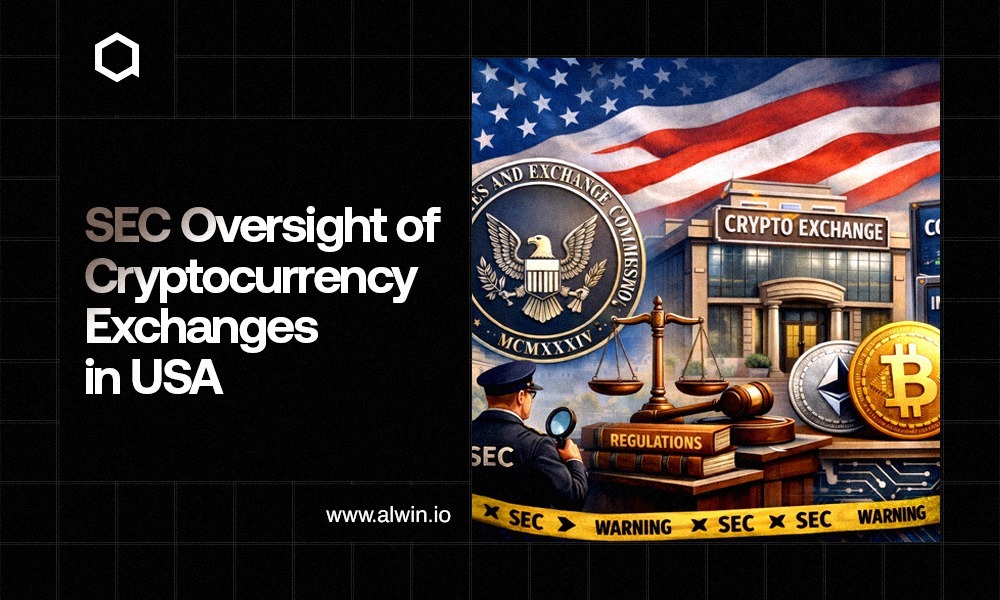Welcome to the world of White Label NFT Marketplaces and the DeFi ecosystem! These innovative platforms are changing how we think about digital asset exchanges, making it easier and more rewarding than ever to trade virtual items and collectibles.
Whether you're a seasoned investor in digital markets or just curious about how NFTs (Non-Fungible Tokens) can be integrated with decentralized finance (DeFi), you're in for an enlightening journey. Let's dive into the perks of these white-label solutions and discover how they offer a seamless and lucrative gateway to the vast universe of digital assets.
The Role of White Label NFT Marketplaces in the DeFi Ecosystem:
The innovation of White Label NFT (Non-Fungible Token) Marketplaces in the realm of DeFi (Decentralized Finance) is a game-changer, bridging the gap between unique digital asset appreciation and fluid financial transactions. The intersection of NFTs with decentralized finance platforms has created a vibrant ecosystem for investors, collectors, and digital artists alike, offering profound possibilities for the digital economy.
Integration with Decentralized Finance (DeFi) Platforms
White-label NFT marketplaces, when integrated with Decentralized Finance platforms, open a universe of opportunities for users. This integration not only makes it easier for users to fund their purchases and invest in NFTs using DeFi products but also allows for the leveraging of various financial instruments. This symbiosis facilitates more than just buying and selling; it fosters lending, borrowing, and staking of NFTs, adding a fresh dimension to digital asset management.
Enabling Seamless Trading and Exchange of Digital Assets
One of the standout features of white-label NFT marketplaces is their capacity to enable the smooth trading and exchange of digital assets. Users can easily list, buy, and sell NFTs, with transactions securely recorded on the blockchain. This not only enhances transparency and trust but also ensures the authenticity and provenance of digital assets, which is crucial in the world of art and collectibles.
Customization for Unique Branding and User Experience
Each white-label NFT marketplace can be tailored to fit the specific needs and branding of the business deploying it. This level of customization means that businesses can offer their users a unique experience, with interfaces and functionalities that cater specifically to their target audience. It's a powerful way to stand out in an increasingly crowded market while providing users with a seamless and engaging experience.
Perks of White Label NFT Marketplaces powered by DeFi:
Venturing into the specifics, the advantages of utilizing white-label NFT marketplaces integrated with DeFi are manifold, offering efficiency, reliability, and innovative growth opportunities.
Easy Setup and Deployment Process
The beauty of white-label solutions lies in their simplicity and ease of implementation. Businesses can launch their NFT marketplace swiftly, bypassing the complex and time-consuming process of developing a platform from scratch. This enables a quicker turnaround to market, allowing entities to tap into the booming NFT space with minimal delay.
Security and Trust Factors
With the backing of blockchain technology, white-label NFT marketplaces come equipped with enhanced security features. Smart contracts automate transactions and ensure that all deals are executed as agreed upon, thereby minimizing fraud and discrepancies. The decentralized nature of blockchain further guarantees that data remains tamper-proof, enhancing trust among users.
Scalability and Liquidity Options
As markets grow, so does the need to handle increased traffic and transactions. White-label NFT marketplaces are designed to be scalable, accommodating growth seamlessly. Additionally, integration with DeFi amplifies liquidity options, ensuring that assets can be easily bought or sold, which is crucial for maintaining vibrant and active marketplaces.
Smart Contract and Blockchain Integration
Smart contracts are the backbone of white-label NFT marketplaces, automating transactions, ensuring compliance with terms, and executing trades without the need for intermediaries. This not only streamlines operations but also offers users peace of mind, knowing that their transactions are secure and immutable.
Seamless Integration with Various Blockchains and Tokens
Flexibility is key in the digital asset space, and white-label NFT marketplaces provide this by supporting integration with various blockchains and tokens. Whether it's Ethereum, Binance Smart Chain, or any other leading blockchain, these platforms can adapt, ensuring users have a wide range of options for creating, buying, and selling NFTs. This interoperability is crucial for fostering a diverse and inclusive ecosystem where different forms of digital assets can be traded.
Consult with our business experts to Build an NFT Marketplace Powered by DeFi! Chat with us on WhatsApp
Why Should You Integrate DeFi in NFT Marketplace Development?
The integration of DeFi in NFT marketplaces is not just a trend; it's a transformative evolution that brings numerous benefits to the table. Here's why you should consider this integration in your development plans.
NFT Collateralization
One of the leading advantages is NFT collateralization. It allows NFT owners to collateralize their digital assets for loans or other financial services within the DeFi landscape. This capability transforms NFTs from mere collectibles into valuable financial assets, leading to a more dynamic and flexible economic model in the digital space.
Global Outreach
DeFi's decentralized nature breaks down geographical barriers, offering global outreach for NFT marketplaces. This means creators and collectors from any part of the world can engage in trading, lending, and borrowing activities without the constraints of traditional financial systems, fostering a truly international marketplace.
Defi Insurance
Incorporating DeFi into NFT marketplaces brings along the concept of DeFi insurance, offering users protection against potential losses due to smart contract failures or other digital vulnerabilities. This enhances user trust and confidence in participating in NFT transactions, knowing that their investments are safeguarded against unforeseen risks.
Fractional Ownership
Fractional ownership becomes a reality with DeFi integration, allowing users to own a piece of a high-value NFT. This democratizes access to expensive digital assets, making it possible for more individuals to invest in and benefit from the NFT market's growth, without requiring substantial upfront capital.
Increased Liquidity
Finally, DeFi integration significantly boosts liquidity in the NFT marketplace. It offers more avenues for asset exchange and financial leverage through DeFi protocols, making the market more vibrant and ensuring assets can be quickly bought or sold. This liquidity is crucial for maintaining a healthy and active NFT ecosystem.
Integrating DeFi into NFT marketplace development is not just beneficial; it's revolutionary. It opens up a world of possibilities for creators, collectors, and investors, ensuring the future of digital asset exchange is vibrant, secure, and inclusive.
How Does Using DeFi Integration Increase Revenue?
By integrating DeFi protocols into existing platforms, businesses can earn revenue through transaction fees generated by users utilizing DeFi services.
Businesses can also earn revenue through interest generated by lending out funds through DeFi lending protocols.
DeFi integration can attract new users to a platform, increasing overall user engagement and potentially leading to higher revenue from other products or services offered.
By offering DeFi services, businesses can differentiate themselves from competitors and attract a more tech-savvy and crypto-friendly customer base, potentially increasing revenue through customer loyalty and retention.
Future Trends and Opportunities for White Label NFT Marketplaces in DeFi
Growth Potential and Market Outlook
The future is bright for white-label NFT marketplaces in the DeFi ecosystem. As digital assets continue to capture the interest of investors worldwide, the demand for secure, user-friendly platforms for trading these assets is on the rise. Experts predict a significant expansion in the market size of NFTs and DeFi, offering a golden opportunity for white-label solutions to thrive. These platforms can tap into this growing market by offering customizable, scalable solutions that meet the evolving needs of users and businesses alike.
Integration with Emerging Blockchain Technologies
The integration of white-label NFT marketplaces with emerging blockchain technologies is a game-changer. As blockchain technology evolves, offering faster transaction speeds, enhanced security, and lower costs, NFT marketplaces must adapt to remain competitive.
Innovations such as Layer 2 scaling solutions, cross-chain functionality, and smart contract upgrades are enabling these platforms to offer a more efficient, seamless trading experience. This not only attracts more users but also fosters a more vibrant, diverse digital asset ecosystem.
Expansion into Virtual Reality (VR) and Gaming Industries
The expansion of white-label NFT marketplaces into the VR and gaming industries presents an exciting frontier. These industries are natural fits for NFTs, offering unique opportunities for the creation, ownership, and trade of virtual goods and properties.
As VR technology becomes more accessible and the gaming industry continues to grow, integrating NFT marketplaces opens up new avenues for users to interact with digital assets. This integration can revolutionize how we think about ownership and trade in virtual worlds, further fueling the growth of the DeFi ecosystem and its interconnected markets.
In wrapping up, the integration of White-label NFT marketplaces with the DeFi ecosystem represents a significant leap forward. These platforms not only streamline digital asset exchanges but also unlock a plethora of opportunities for investors and creators alike.
They serve as a testament to the innovation and growth potential within decentralized finance and digital collectibles markets. Ultimately, this fusion is shaping up to be a game-changer, making digital trading more accessible, secure, and rewarding for everyone involved.



